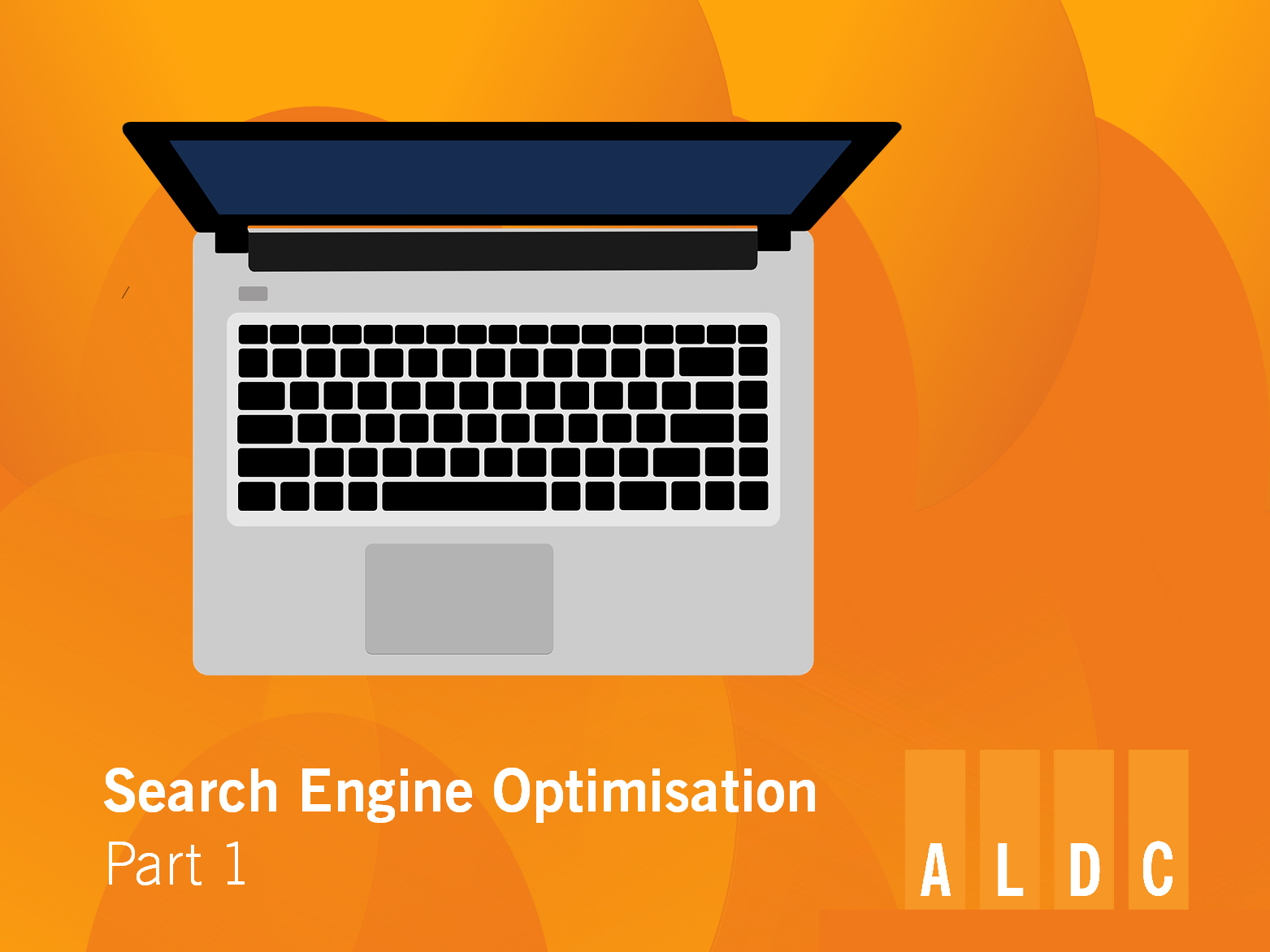
ALDC introduction to Search Engine Optimisation (SEO) Part 1
This article is part one of a series of articles by ALDC on Search Engine Optimisation. This article should give you a basic understanding of what Search Engine Optimisation is, how it works, and how Search Engines value results.
Everyday hundreds of people in your local area will be searching the internet for local issues like a hospital closing a ward, roadworks on their way to work or where the next police surgery is in their area. Every time these people search it give you and your MyCouncillor website the chance to appear in front of these potential voters.
Imagine you’re running a campaign to get the Council to spend £1million on fixing the roads in your ward or just want to be the go to person for casework in your area. SEO will help search engines, and so voters, better understand what your offer is to the electorate. It means that when someone searches for local roadworks in your area they’ll find your campaign.
When you use a search engine it will bring you back two types of results. In Google for example the top 2-4 choices will be paid adverts that are also relevant (we’ll discuss those another time) and below those are what’s called ‘organic search’ results. Organic search results are picked by the search engine to be the most relevant to the searchers needs.
Search engines constantly ‘crawl’ the internet looking for content and then decide on its relevance to each search using formulas and algorithms. How high up your website appears in the results is affected by a number of factors – the most important of these is the words you use throughout your website.
Search engines will look for as much information as possible about websites, including –
- How popular a site is
- What people say about the site
- The words used in the titles, picture names and body text of the website
Most search engines will then consider information about the searcher, like –
- Where they are when they do the search
- What they’ve searched for before
Because of this sets of search results will be different from person to person, device to device and most importantly from ward to ward. For example a search for the term ‘bakeries’ will give you a list of the top bakeries for web presence near your location because that is seen as more relevant to you as a searcher than a wider geographical search.
Search engine formulas and algorithms are constantly changing and evolving so it is most important to understand the principle that they are designed to produce the most relevant results for the searcher.
Because search engines want to provide relevant interesting content to their customers the most important thing is to create engaging content using clear, simple language. In future blogs we’ll talk more about the specifics of creating that content.
Search Engine Optimisation part 1 learning points –
- Search is a simple tool that lots of people use everyday.
- Search Engine Optimisation or SEO aims to help the search engine get your content to the people you need to get it to.
- Algorithms and formulas change constantly so it’s important to create engaging relevant content as people will always want that.
- In future blogs we’ll give you more information on how to optimise your content and why MyCouncillor sites are great for SEO.
Action from you –
Use a search engine like Google or Bing and search a term like your local area or a campaign or local business. Look at some of the top search results. Are they relevant to what you wanted? Can you understand why they’re there.